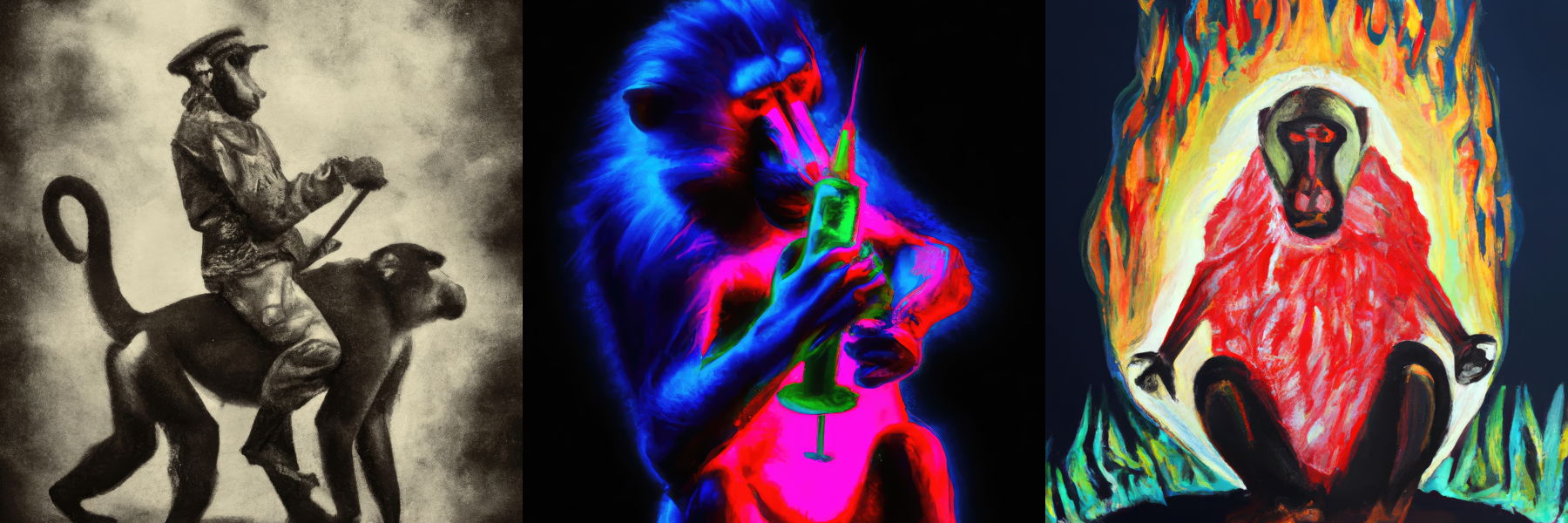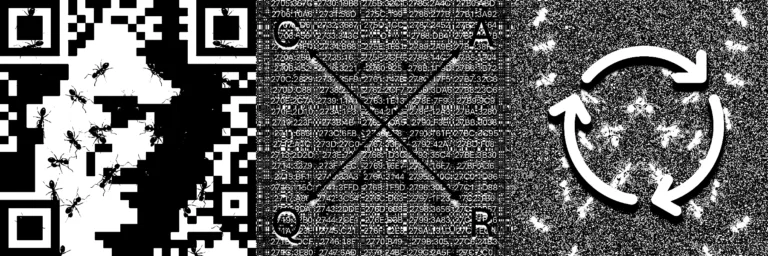I, PFC Ronnie Todd von Woolfe Sr. (né Poole), rooked me wife Hedda Poole (née von Woolfe) on treed Tonga. She trolled me, spied on Yulia-Yvonne, me one, me yoni, me sole toffee, a wee Pole. See, on spooked Tonga, Yulia-Yvonne ’n’ I fed on yolk, we sponged a tonne of tonic Pommie tea, some uronic ’n’ usnic soda.
“Yuk!” she tried the tonic. “The niff of urea!”
“Yum!” I spoke, tried the tea, too. “If ye need, soon ye lie to me, to thee, so ye use.”
She spoonfed me pomme ’n’ pea pod pie, I wolfed some. She spoke of tRNA, theca, zooid soma, ’n’ plica. I spoke of Mecca ’n’ the Volk of Rome. She told me of the Volga, the Nidda, the Wied, ’n’ the Ob. We rolled, soon spliffed olid weed, took some jee gee, sniffed some speed, too; we vied, pigged, ’n’ yoked. I won.
So zonked on uronic soda, I told me toffee Yulia-Yvonne, “A pied tommie roomed the wood of Umea, a wee vole roomed the wold on Sheeba, ’n’ the urned Pooka spooked the tomb on treed Tonga. Ye wooed?”
“Yup, me wooed,” she spoke. “I unheed woe.”
So, we teed off to see zoned Tonga: some wood of ponga, some woold, ’n’ some red triga. One kea on a yucca tree, one pond of pogge, one solid toon zoo.
Soon, we toed upon the spooked tomb: poled spolia upon spoked ogee, some unroofed shed. We see the urn: a tooled pod. I used a jig, plied a snib to unlid the urn. The wee meed: void upon void, a toned nib, some old wonga, some mica of yttric spec. Zonked, I upped the mic, riffed some ska song, urged me sole toffee Yulia-Yvonne to sniff some of the yttric mica, so she shed red.
“Tha plea to wed me?” I poked.
“Yo, me sked to wed ye soon!” she spoke.
“Heed me, toffee: I sold me life to the Pooka,” I told Yulia-Yvonne.
“So?” she polled. Zonked, we tried tig, pong, yoga, ’n’ polka on the tomb, soon lie on the tomb. Void.
“Vroom!” the sonic tone of a tromba woke us up. A jiff too soon, me wife Hedda trod upon us, soled, wool-wigged, pongee-togged, ’n’ spiffed up.
“Ha!” she woofed. “The pig ’n’ the kid!”
“Oof!” I spoke, urged to shed the tonic tea ’n’ the usnic soda. “I need to pee.”
“Ye trollied, ye sod‽” she poked. “Pia-Zoe Wolf on the sofa, yuppie Sonja Olfe on the skiff, wog Yuki Wong on mid sol, pollee Ronda of the Riga Uni, Edda of the Yuma zoo, Zola of the Tonka Volk . . . ’n’ the wee kid Yulia-Yvonne on treed ’n’ spooked Tonga! Yoni upon yoni ye shed seed on!”
“Uh, one sec—” I tried.
“Ye wicca, ye pig, tha pigged on rookie Yulia-Yvonne, yon wee zooid! Ye tried to wrong me, Ronnie, ye feeb! Ye wuss, ye poof, ye Roma, ye old Yid!”
“Tha wrong!” I lied. “Tha heed wrong Veda! I told me rookie PhD ed!”
“Ye lie!” tolled me miffed wife. “I rigged the skiff of ye rookie. The rigged skiff led me to a voe, soon to the Red Sea, so I skied upon a reef ’n’ sped upon the ebb to see Tonga.”
“Off, off, off, ye old rook!” I woofed.
“Um . . .” Yulia-Yvonne spoke to me wife, “I’d wed the pig, me PFC, me sole! Use me womb, too, spoonfeed a son, soon a sib, kid III, kid VI, kid—”
“Ye Rhea?” me wife tsked. “Ye wee, wee wonk!”
I oohed. Spoofed Yulia-Yvonne, me one, me yoni, ’n’ sole toffee! She told on us, sold us to me wife.
“Woe to thee!” me wife Hedda woofed, me old, old, spooked wife, me rooked, wronged, ’n’ miffed Pooka.
We pooled, we slid, we skid. Soon, me wife won, she tied us up. I pled. She trod on us rib to toe. She xed Yulia-Yvonne, took the life of me sole toffee. A solid toll ’n’ fee! I shed red urea, me wife togged the pongee tog, soon offed. Spooled up, tied, ’n’ trigged, I rolled, old ’n’ trolled me, soon a vic on the web, too.
*
This text is composed of reversed-order abecedarian words, meaning that all the letters within each word are sorted alphabetically from back to front. It tells the story of a former soldier who takes drugs, cheats on his wife, and goes to see an Irish ghost known as the Pooka. The ghost then turns out to be his wife, who had followed him and ultimately murders his young lover.




Leave a Reply